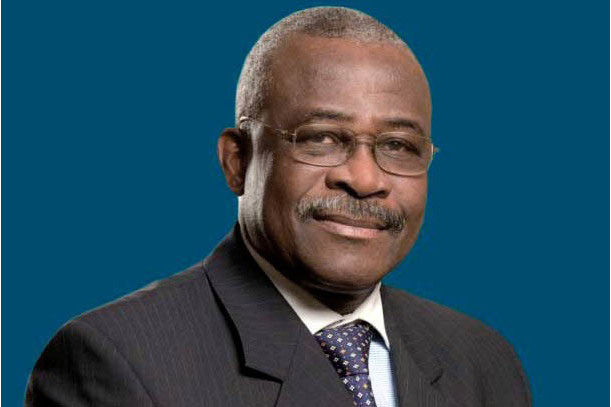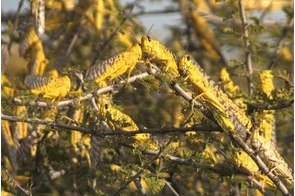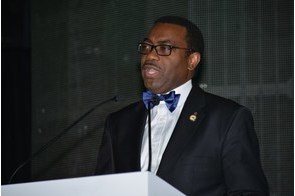Africa can double agricultural productivity in the next five years - IFAD president

Summary
Nwanze said supporting small-scale farmers, investing in rural areas can help meet Africa’s development objectives.
President of the International Fund for Agricultural Development (IFAD), Kanayo Nwanze, has said that with the right investments, Africa could double its agricultural productivity in the next five years.
He stated this today ahead of the Grow Africa Investment Forum (GAIF) 2016 and the World Economic Forum on Africa (WEF), both taking place this week in Kigali, Rwanda.
GAIF, which will hold on May 10-11, is the largest gathering of public and private-sector investors in the African agriculture sector. The forum will promote investment opportunities, improve investment climate and accelerate work on building efficient regional markets for specific crops such as rice, cassava and potato.
The IFAD president said supporting small-scale farmers and investing in rural areas can enable countries to meet their broader development objectives, including poverty reduction.
Despite the prediction by the International Monetary Fund (IMF) last week that GDP growth in Sub-Saharan Africa (SSA) is expected to slow to 3 percent in 2016, its slowest pace in 15 years, Nwanze said Africa is still a continent of unprecedented opportunity.
“Half of the world’s uncultivated land which is suited for growing food crop is in Africa,” said Nwanze. “Investments in agriculture can generate great riches for the continent and lift millions out of poverty and hunger. There are high returns to those countries that take agriculture seriously.”
Africa has 25 percent of the world’s arable land, yet it generates only 10 percent of global agricultural output. With a population growth of 2.7 percent annually, the United Nations agency said food demand on the continent is expected to double every 30 years. IFAD advised that investments that encourage increased agricultural production would cut Africa’s annual $35 billion food import bill, keeping this money on the continent to be used for broader economic development.
However, Nwanze said that investments alone will not transform the continent. He said governments need to get their own houses in order and ensure that there is a strong commitment to policies and incentives that encourage higher food production by smallholder farmers.
“We need to work together to harness the continent’s potential and this means investing in small-scale farmers who are the backbone of African agriculture,” the IFAD president said.
Nwanze will participate in a high-level panel discussion at Grow Africa on “Accelerating Agricultural Transformation.” He will also moderate “Rethinking Agriculture,” a session on innovative ways to create sustainable food systems at the WEF, which is holding on May 11-13.
Related
-
Threats and mitigation strategies against plastic waste in agriculture
Mojisola Karigidi educates readers on plastic pollution in agriculture (and food) and what to do about it.
-
Current locust outbreak underscores need for pest control preparedness in Africa
Based on my experience developing a plant-based biopesticide for the control of weevils that attack cowpea, maize and rice ...
-
How to create wealth through agriculture in Africa
While both the employed and the unemployed across Africa have been encouraged to engage in agriculture, the focus has been ...







